Agriculture
The ministerial tasks of the agricultural administration cover the whole spectrum from animal breeding and animal husbandry to the processing and marketing of animal products such as meat, fish, eggs, milk and honey. In addition to national legislation, the basis is formed by the regulations, quality standards and trade classes as well as specific promotional measures laid down in the European Union's uniform common market organisation. Legal requirements are also implemented for the plant products wine, sugar and fruit and vegetables.
The ministry is the country's supreme fishing authority. This means that 125,000 recreational fishermen in the country are also directly or indirectly involved with the agricultural administration or are affected by its regulations.
With the LEADER approach, which relies on broad local participation, rural regions are supported and developed in accordance with the requirements of the European Agricultural Fund for Rural Development (EAFRD). In addition to job offers, social infrastructure and public facilities, an attractive social and cultural life is also part of this.
The implementation of land consolidation procedures are important tasks in the context of rural development. In addition to improving production and working conditions in agriculture, forestry and fisheries, the aim is to resolve land-use conflicts, cross-municipal village development, the implementation of water and nature conservation legislation, and the integration of large-scale infrastructure projects into the functional fabric of rural areas in a way that is compatible with ownership, social and environmental concerns. The agricultural administration is the supreme authority for land consolidation.
In addition to the implementation of the EU funding instruments in the field of Agri-environmental and climate measures and direct payments, which are adapted to the needs of the State of Brandenburg, environmentally sound land management also includes the updating of the technical legal basis for plant protection, seed traffic and fertiliser law and organic farming. The agricultural administration is also active here as a legislative authority.
The ministerial tasks of the agricultural administration cover the whole spectrum from animal breeding and animal husbandry to the processing and marketing of animal products such as meat, fish, eggs, milk and honey. In addition to national legislation, the basis is formed by the regulations, quality standards and trade classes as well as specific promotional measures laid down in the European Union's uniform common market organisation. Legal requirements are also implemented for the plant products wine, sugar and fruit and vegetables.
The ministry is the country's supreme fishing authority. This means that 125,000 recreational fishermen in the country are also directly or indirectly involved with the agricultural administration or are affected by its regulations.
With the LEADER approach, which relies on broad local participation, rural regions are supported and developed in accordance with the requirements of the European Agricultural Fund for Rural Development (EAFRD). In addition to job offers, social infrastructure and public facilities, an attractive social and cultural life is also part of this.
The implementation of land consolidation procedures are important tasks in the context of rural development. In addition to improving production and working conditions in agriculture, forestry and fisheries, the aim is to resolve land-use conflicts, cross-municipal village development, the implementation of water and nature conservation legislation, and the integration of large-scale infrastructure projects into the functional fabric of rural areas in a way that is compatible with ownership, social and environmental concerns. The agricultural administration is the supreme authority for land consolidation.
In addition to the implementation of the EU funding instruments in the field of Agri-environmental and climate measures and direct payments, which are adapted to the needs of the State of Brandenburg, environmentally sound land management also includes the updating of the technical legal basis for plant protection, seed traffic and fertiliser law and organic farming. The agricultural administration is also active here as a legislative authority.
The following information leads to German-language pages.
We ask for your understanding.
The following information leads to German-language pages.
We ask for your understanding.
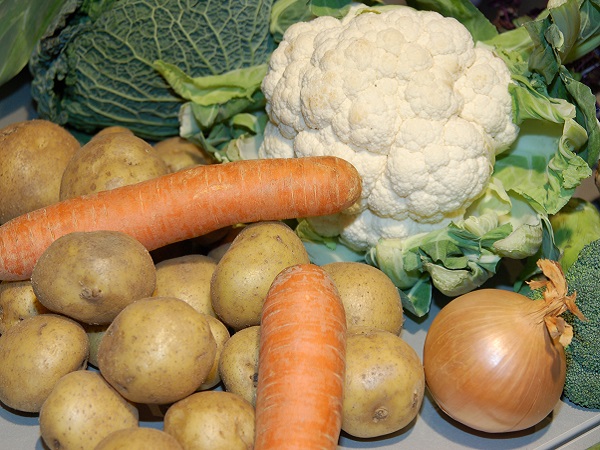
Agricultural Markets & Nutrition
Keeping the agricultural markets in Europe stable and balancing supply and demand is an urgent task of European agricultural policy. The market organisation measures form a social safety net; they serve people and the environment. For this reason, regulations on the quality of agricultural products and foodstuffs are increasingly at the centre of agricultural market policy.
read more in German

Agricultural Markets & Nutrition
Keeping the agricultural markets in Europe stable and balancing supply and demand is an urgent task of European agricultural policy. The market organisation measures form a social safety net; they serve people and the environment. For this reason, regulations on the quality of agricultural products and foodstuffs are increasingly at the centre of agricultural market policy.
read more in German
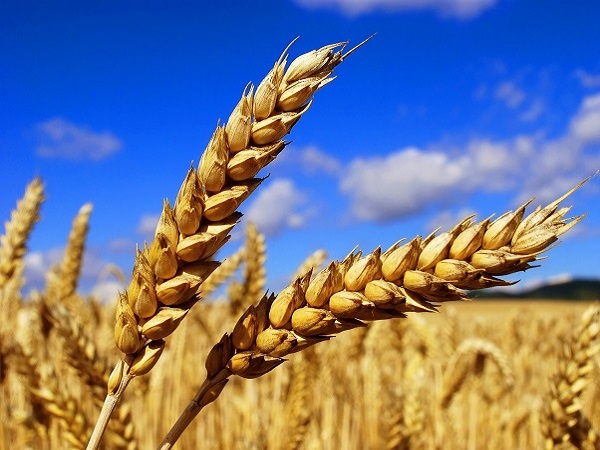
Agricultural Policy
The discussion on the European Union agricultural policy 2021-2027 is in full swing. The Ministry for Rural Development, Environment and Agriculture of the State of Brandenburg is committed and positioning itself. It wants to ensure a modern and sustainable, environmentally friendly, comprehensive and multifunctional agriculture of the future. The agricultural structure typical for Brandenburg plays a major role in this. read more in German

Agricultural Policy
The discussion on the European Union agricultural policy 2021-2027 is in full swing. The Ministry for Rural Development, Environment and Agriculture of the State of Brandenburg is committed and positioning itself. It wants to ensure a modern and sustainable, environmentally friendly, comprehensive and multifunctional agriculture of the future. The agricultural structure typical for Brandenburg plays a major role in this. read more in German
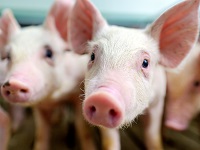
Animal breeding and animal husbandry
Animal breeding and animal husbandry are important sources of income for agricultural enterprises in Brandenburg. At the same time, they serve to supply the population with high-quality food and are essential for the preservation of the cultural landscape. read more in German

Animal breeding and animal husbandry
Animal breeding and animal husbandry are important sources of income for agricultural enterprises in Brandenburg. At the same time, they serve to supply the population with high-quality food and are essential for the preservation of the cultural landscape. read more in German
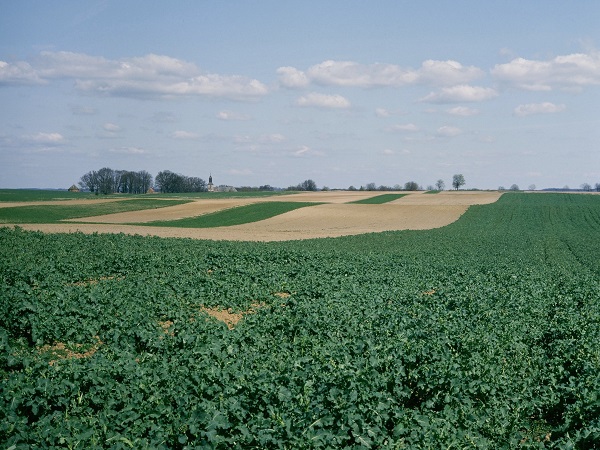
Arable farming and plant production
For centuries, arable farming and plant production (including horticulture) has been synonymous with the production of sufficient food for its population in the State of Brandenburg. Modern production methods to protect resources and the environment in a special cultural landscape are essential.
read more in German

Arable farming and plant production
For centuries, arable farming and plant production (including horticulture) has been synonymous with the production of sufficient food for its population in the State of Brandenburg. Modern production methods to protect resources and the environment in a special cultural landscape are essential.
read more in German
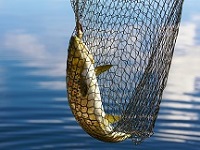
Fishing and angling
With the numerous water bodies in the state of Brandenburg, optimal conditions are available for a wide range of fishing activities. Focus is on the development and conservation of locally adapted fish stocks, the creation of framework conditions for the restoration of competitive fishing companies and the promotion of angling. read more in German

Fishing and angling
With the numerous water bodies in the state of Brandenburg, optimal conditions are available for a wide range of fishing activities. Focus is on the development and conservation of locally adapted fish stocks, the creation of framework conditions for the restoration of competitive fishing companies and the promotion of angling. read more in German
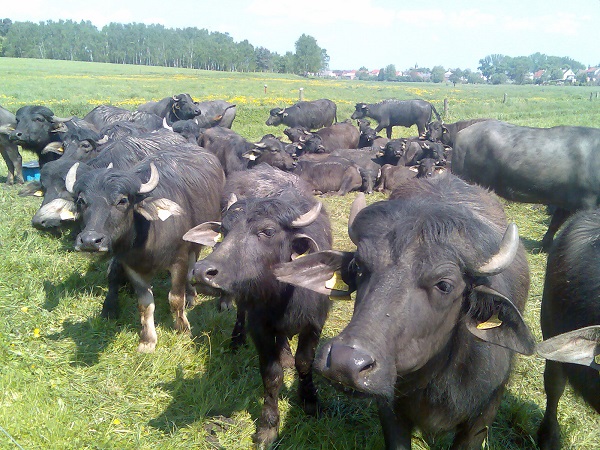
Organic farming
The increasing market success of organic food - especially in Berlin, one of the largest organic sales markets in Europe - opens up good future prospects not only for organic farming in Brandenburg, but also for the entire organic food industry in the Berlin-Brandenburg region. read more in German

Organic farming
The increasing market success of organic food - especially in Berlin, one of the largest organic sales markets in Europe - opens up good future prospects not only for organic farming in Brandenburg, but also for the entire organic food industry in the Berlin-Brandenburg region. read more in German
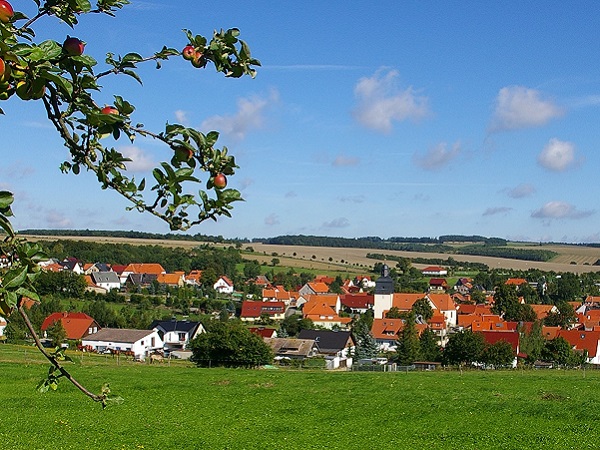
Rural development
The rural area in its diversity is a characteristic part of the German capital region. As an economic, social, cultural and natural area with its special features, it must be developed in a targeted manner. The framework conditions are to be geared towards equal living conditions with the full participation of citizens, businesses and local authorities. read more in German

Rural development
The rural area in its diversity is a characteristic part of the German capital region. As an economic, social, cultural and natural area with its special features, it must be developed in a targeted manner. The framework conditions are to be geared towards equal living conditions with the full participation of citizens, businesses and local authorities. read more in German
